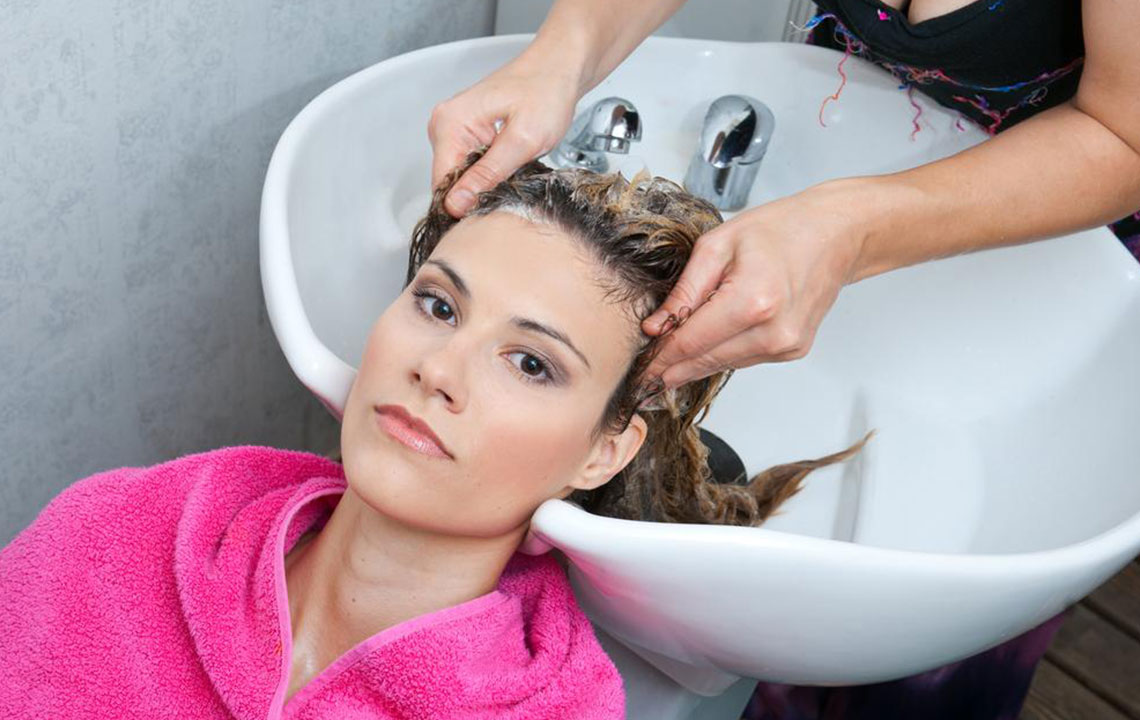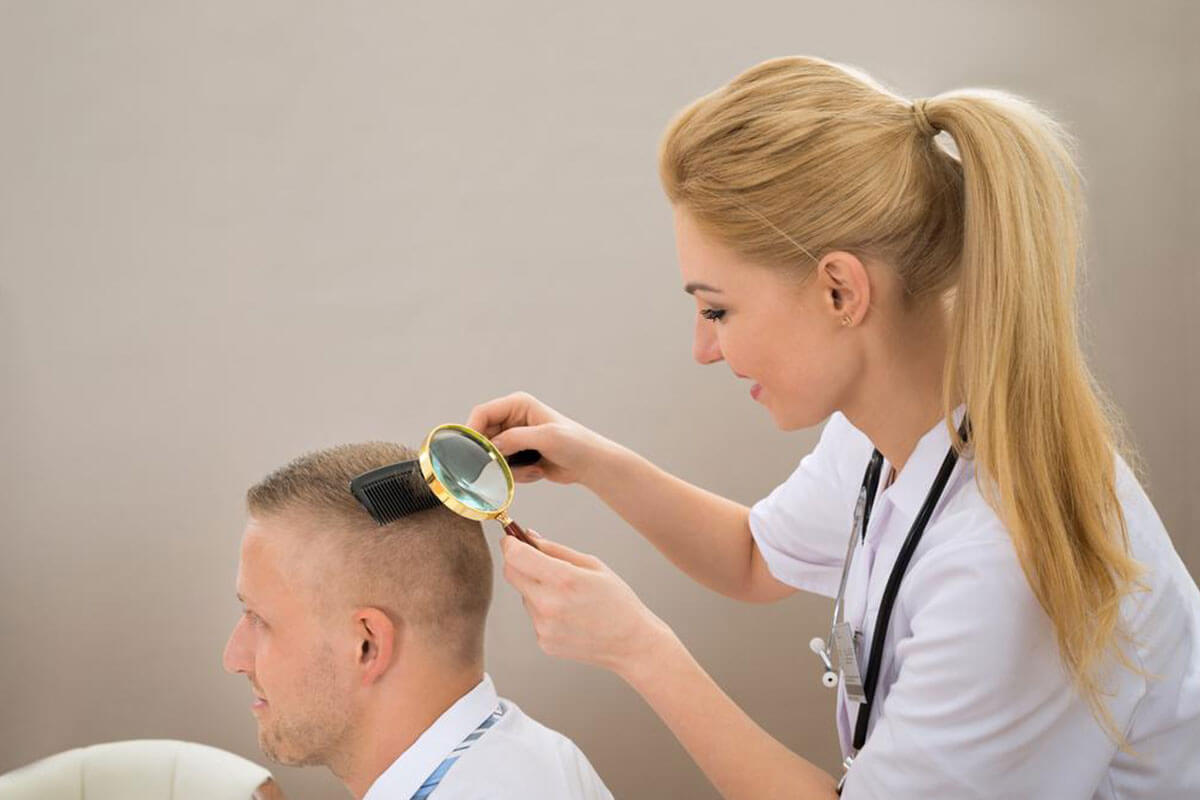Effective Strategies for Managing Scalp Psoriasis
Discover effective methods for managing scalp psoriasis, including OTC remedies, prescription treatments, light therapy, and lifestyle tips. Tailored strategies help control symptoms and improve quality of life. Consulting a dermatologist ensures personalized care for this common condition affecting many individuals, especially on the scalp. Learn about safe treatments for adults and children to effectively combat flare-ups and maintain scalp health.

Effective Strategies for Managing Scalp Psoriasis
Psoriasis is an autoimmune skin condition where the immune system mistakenly signals skin cells to grow rapidly. This abnormal growth causes layers of thickened, scaly patches, ranging from mild reddish rashes to pronounced plaques. While psoriasis can appear anywhere, the scalp is a common site, affecting up to half of all patients.
Treating scalp psoriasis requires tailored approaches due to hair and skin sensitivities. Since each individual’s condition varies, treatments may differ. Below are some common options:
Over-the-Counter (OTC) Remedies for Scalp Psoriasis
Start with OTC options to ease symptoms like itching and scaling. Some recommended products include:
Coal tar shampoos: Derived from coal, these have been used historically to slow skin cell overproduction, reducing scaling and inflammation. The FDA permits up to 5% concentration for scalp use.
Salicylic acid treatments: Found in scalp shampoos, salicylic acid helps remove dead skin cells and reduce scaling, often combined with coal tar for enhanced effectiveness.
Prescription options for moderate to severe scalp psoriasis
If OTC products are insufficient, consult a dermatologist. Prescribed treatments include:
Anthralin: A topical cream applied once daily to slow cell growth.
Calcipotriene: A vitamin D analog used overnight to regulate skin cell production.
Betamethasone dipropionate: A combined steroid and vitamin D ointment used once daily to reduce inflammation.
Tazarotene: A vitamin A-based cream, gel, or foam to normalize skin cell growth.
For extensive cases, doctors might prescribe oral or injectable medications like adalimumab (Humira).
Light Therapy (Phototherapy)
Controlled exposure to UV light can mitigate symptoms in some individuals. Techniques include using handheld UV devices or light boxes, often targeting only the scalp by parting hair in rows. Always consult a dermatologist before starting phototherapy.
Lifestyle and Alternative Approaches
Complementary lifestyle adjustments can significantly ease symptoms:
Keeping the scalp moisturized with damp cloths or cold packs.
Maintaining short, clean hair for better treatment penetration.
Applying natural remedies like aloe vera gel or coconut oil to soothe scalp irritation.
Managing Scalp Psoriasis in Children and Infants
Although more common in adults, children can also experience scalp psoriasis, typically milder in nature. Treatments include medicated shampoos and topical steroids, prescribed after professional consultation. Severe cases may require topical corticosteroids or vitamin D analogs.
Ongoing Management
Controlling scalp psoriasis involves a combination of medical treatments and lifestyle choices. Factors such as diet, stress, and hygiene influence disease progression. Regular consultation with a dermatologist helps identify the most suitable approach for each patient.










